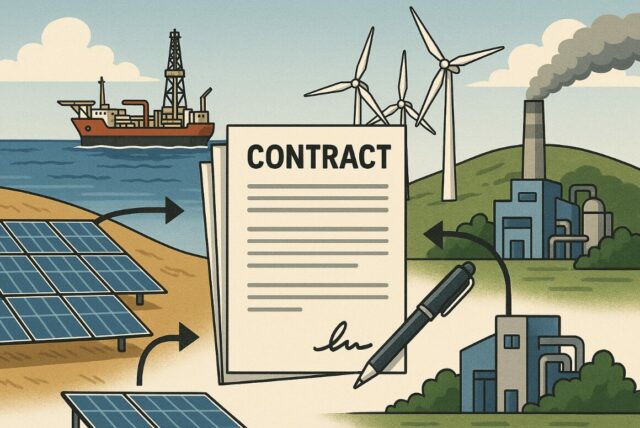It’s a fact: the business world is becoming increasingly contractual. Whatever the business sector, contracts and legal structures are becoming increasingly complex, requiring the intervention of a contract manager.
Their comprehensive understanding of the technical, operational and strategic stakes involved in a contract enables the contract manager to gain a fine-tuned grasp of the legal and financial aspects of the contract, and thus avoid major setbacks.
This expertise is required throughout the entire contract life cycle, from inception to completion. This makes them a perfect complement to the expertise of project managers, program directors and other PMOs, with whom they often work in tandem.
A. During the pre-sales phase

The contract manager’s role is to intervene in the pre-sales phase, whether this involves invitations to tender (public or private markets) or, more generally, the preparation of technical and/or commercial proposals.
At this stage, the contract manager is responsible for contributing to the development of the offer, in particular by ensuring that contractual, financial and operational risks are identified and taken into account, as well as proposing alternatives to mitigate the risk, in coordination with the relevant support functions (legal, management control, etc.).
At this stage, the contract manager must position himself as a player at the service of the company, understanding the business objectives and customer challenges, while always keeping in mind the rules and other internal imperatives.
B. During the contractualization phase

This is certainly the contract manager’s best-known role, as one of the key players in contract drafting and negotiation.
During contract negotiations and successive drafting iterations, the contract manager will need to ensure that essential elements such as the project schedule, deliverables and payment milestones, late penalties, performance levels (e.g. SLAs), and other contractual conditions are in line with internal expectations and rules.
The contract manager will also be responsible for passing on the agreed contractual terms and conditions (through a “mirror” or “back to back” effect) to the suppliers and subcontractors concerned.
C. During the delivery phase

The contract manager’s role is just as essential here, as he or she supports the project manager, program director or PMO, and is responsible for ensuring that the project in progress is properly aligned with contractual obligations.
The contract manager will be responsible for monitoring contractual performance, spotting discrepancies, identifying potential or proven risks, tracking changes, implementing amendments, and intervening in any disputes or claims.
In view of the various hazards that have been multiplying in recent years (fluctuating raw material costs, rising software prices, supplier and subcontractor failures, etc.), the contract manager has become an essential cog in the delivery process.
Conclusion
In short, the contract manager needs to be able to understand commercial, financial and legal issues in order to apply them operationally to complex projects (IT, infrastructure, engineering, construction, etc.).
The contract manager thus becomes a key player in major projects, and a key factor in their success and profitability.







